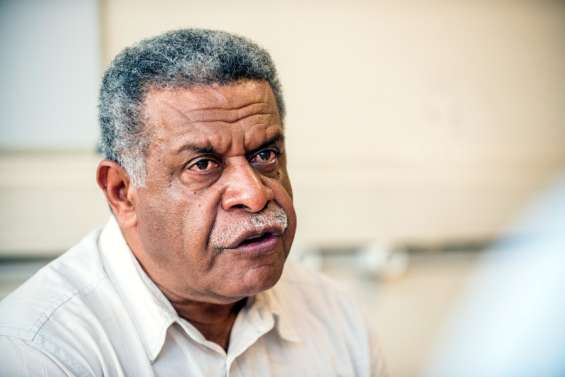By Nic Maclellan
After months of delay, New Caledonia finally has a new leader. Louis Mapou was elected as President of New Caledonia on 8 July, the first time in nearly 40 years that a Kanak independence leader will head the government of the French Pacific dependency.
After French President Francois Mitterrand was elected in 1981, he moved to reform systems of government in New Caledonia. As head of the Territorial Council, French High Commissioner Christian Nucci appointed independence leader Jean-Marie Tjibaou as his Vice President in June 1982. The charismatic Kanak leader quickly . . .
Please Subscribe to view full content...
